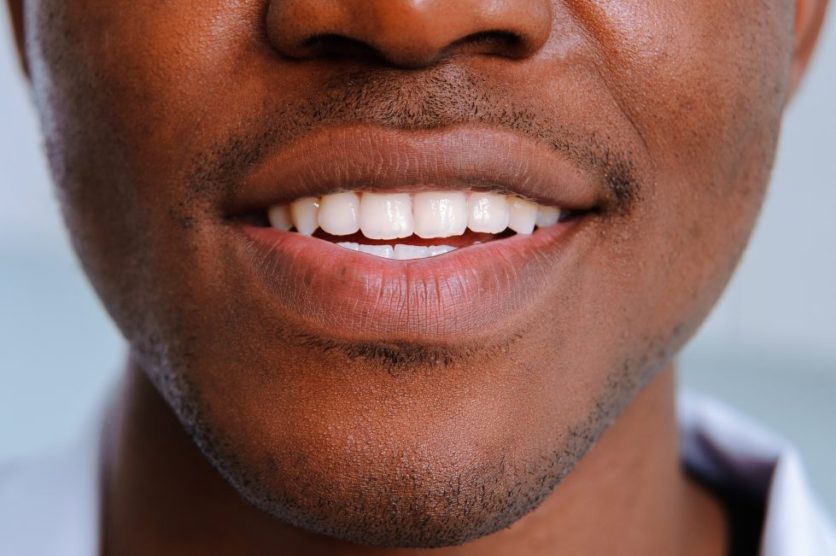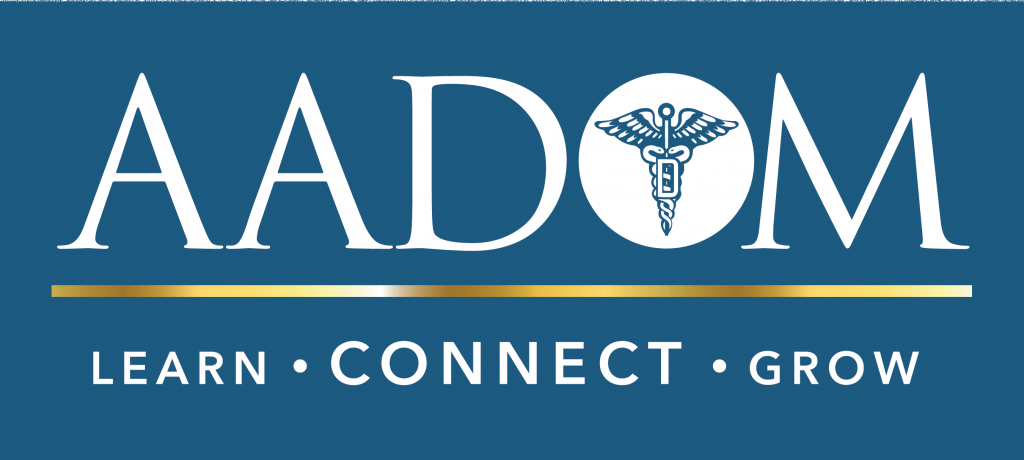
Of all the dental treatments your dentist performs, the ones they find to be the most beneficial to protecting, strengthening, and maintaining your oral and overall health are preventive. Preventive dentistry is the branch of general dentistry dedicated to helping individuals care for their teeth and mouths in such a way that they maintain optimal oral health. Avoiding the development of cavities, gum disease, and other undesirable dental issues as much as possible. This translates to better oral structure, function and comfort for the individual, as well as less expensive dental care.
Simple Dental Cleaning vs Deep Dental Cleaning?
At your 6-month checkup with your dentist, regular cleaning is performed to maintain healthy gums. The cleaning is used to remove the buildup of bacteria and tartar that accumulates in between the teeth and gums between regular cleanings. With proper cleanings, brushing, and flossing, bacteria are kept to a minimum to keep the gums healthy.
Deep cleaning is needed when there is a larger amount of bacteria and tartar buildup. When “pockets” form due to gum disease, the bacteria and tarter fill these pockets. When it’s not removed, it opens the door to a number of oral health complications, such as periodontal disease and eventual tooth loss.
Get Dental Cleaning Brochure
The Forms of Preventive Dentistry
Brushing your teeth twice every day and flossing them once every day is an important part of preventive dentistry. You may have heard from your dentist that brushing your teeth with fluoride toothpaste, for at least two minutes each time, is essential to ensure the most beneficial results.
It is also essential to replace your toothbrush every three months or as soon as the bristles begin to appear worn or frayed. Additionally, brushing your tongue can help to remove any bacteria that lingers at the back of your mouth. Thereby further reducing the possibility of cavities or gum disease as well as freshening your breath. Flossing your teeth helps to complete the job that brushing begins. Getting the food particles and bacteria that collect in places that are too small for toothbrush bristles to reach. Your dentist will demonstrate the perfect flossing technique so that you can be sure to get the most out of this valuable habit.
How Frequent Dental Cleaning has to be Done?
Visiting your dentist at least twice a year (and more often where needed and recommended) for thorough examinations and professional cleanings are also important to preventive dentistry. This may feel pointless to you if you participate in excellent oral hygiene habits and aren’t experiencing any oral health issues. However, the fact is that your dentist is trained and experienced in detecting issues that may very well be too small for you to even notice.
The value in having these issues detected early on is that they can often be easily and rapidly resolved. Allowing them to grow until something is wrong can lead to you experiencing discomfort and investment of Time and Money.
In some cases, dentists can bring your awareness to overall health issues that you may not have otherwise known about. This is because your oral health is very deeply connected with your overall health. Many general health issues can first show symptoms in your mouth. Again, detecting these issues early on can often allow for much easier and faster resolution.
Depending upon your oral health and overall health condition, your dentist may suggest:
- That you see them twice a year,
- That you see them more often in order to benefit fully from cleanings and other preventive actions.
He may also want to verify that you are eating a balanced diet. Diet provides your teeth with the nutrients they need to remain better protected against injury and decay. This includes:
- Limiting, reducing or even eliminating your sugar intake,
- Drinking plenty of water each and every day,
- Eating a varied diet to ensure you get all the vitamins that are necessary to help create and maintain a healthy smile.
Uses & Benefits of Dental Cleaning (Preventive Dentistry)
With proper oral hygiene habits, cleanings and prevention techniques, an individual can work to prevent problems such as cavities, gingivitis, enamel loss, periodontitis and more. This means that children, who are just developing their adult teeth, can ensure that these teeth are established as strong and healthy as possible from the beginning. While adults can ensure that their aging teeth remain in good condition and are therefore not lost. Furthermore, some of the overall health problems that can be prevented with proper oral health include:
- Diabetes,
- Heart disease,
- Osteoporosis,
- Respiratory disease,
- Cancer.
For more information about cleanings and prevention dentistry habits or treatments, please contact Todays Dental Now.





